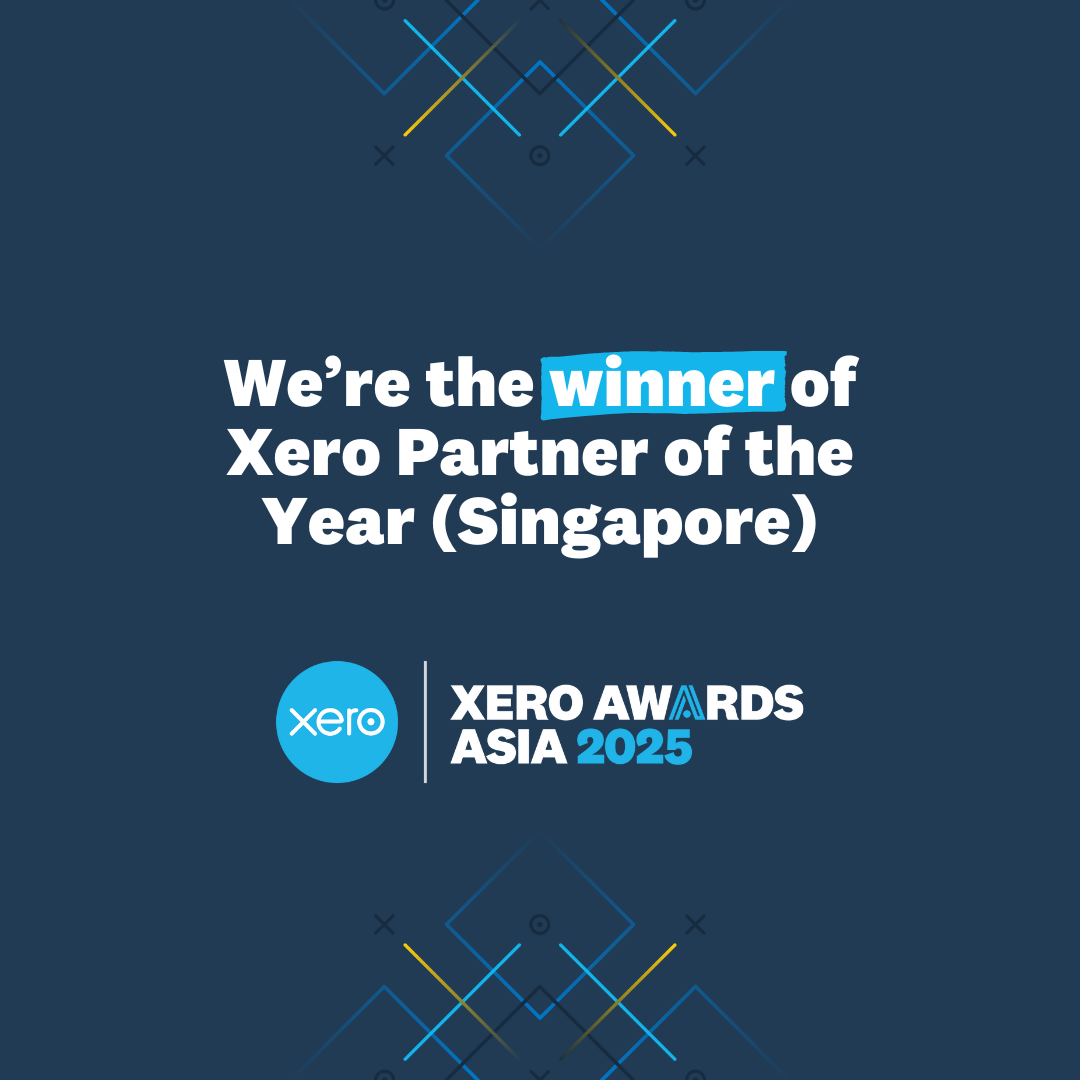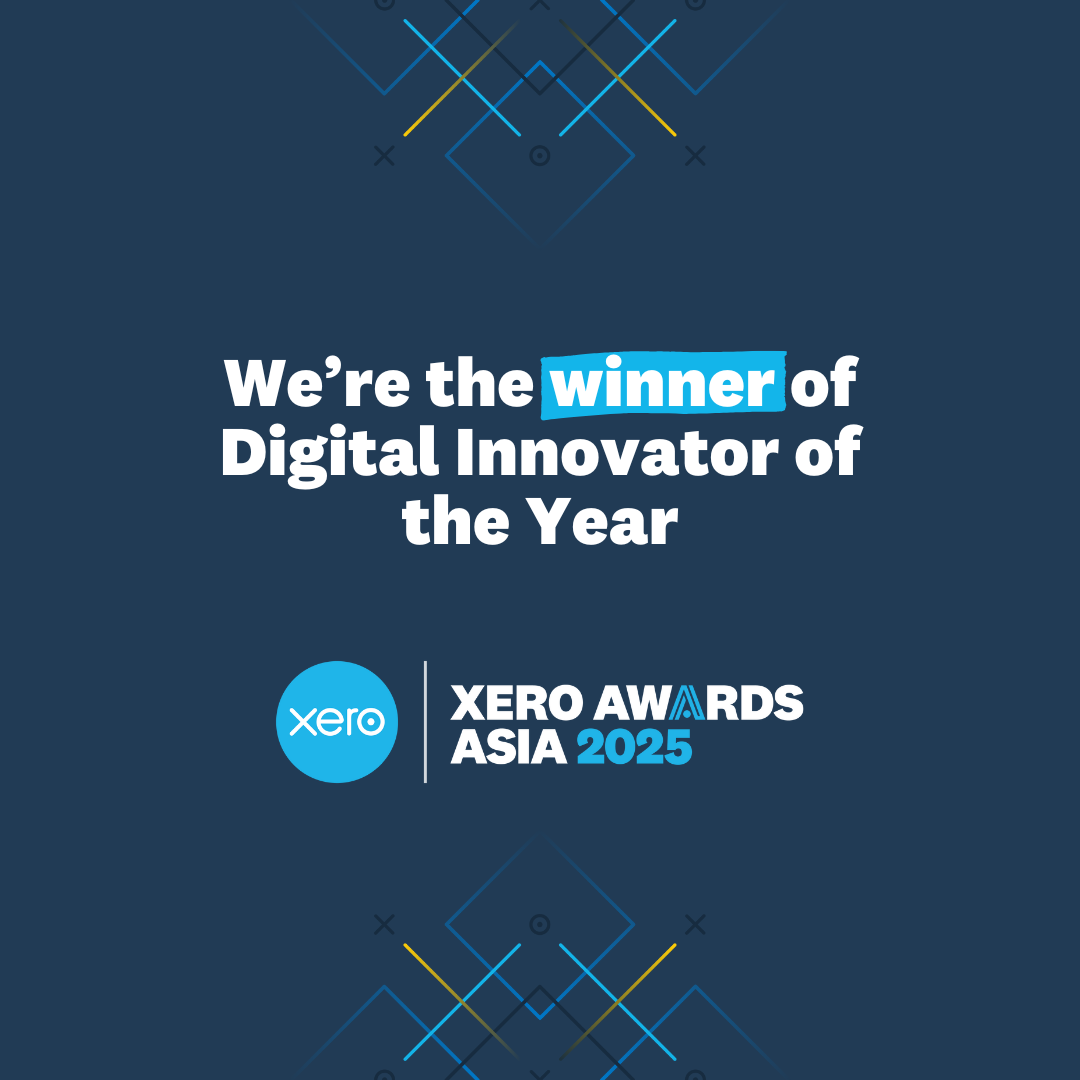How eco-friendly packaging company ERGO gets a business boost from cloud accounting with Harvest Accounting
ERGO (formerly Front & Center) is a Singapore-based distributor that specialises in reusable, eco-friendly consumer food packaging. The company imports world-class brands like Stasher, Bee’s Wrap and W&P Porter; distributing them to retailers in Singapore, Malaysia, Thailand, Brunei and Indonesia, while simultaneously building its own direct-to-consumer retail brand.
ERGO’s founder, Tim Wetton, had just left a previous job in e-commerce, and was considering his next career move when his wife April started using Stasher bags to store their food at home. “It’s a really fantastic product,” Tim says about Stasher’s reusable, non-toxic silicone storage. “It helps us reduce the number of single-use plastic ziplock bags we use at home, and it was a simple way to start living more sustainably.”
To transform their family’s newfound passion into a viable business, Tim had to convince Stasher, with Bee’s Wrap and W&P Porter following afterward, to let him distribute their products to Singaporean consumers. But that was the easy part. With his steadily increasing workload, Tim realised he needed to focus on business development—other functions, like finance and accounting, needed to be handled by a trusted partner. Harvest Accounting was happy to step up to the challenge.
“[Outsourcing to Harvest Accounting] was the only way to get off the ground at the beginning,” Tim recalls. “Because if not, I’d be spending hours at my desk, focusing on these things, instead of opening up new stores, new brands, and new markets.”
Handling multiple moving targets
As both a distributor and retailer operating in Singapore and other countries throughout Southeast Asia, Tim found that inventory management, warehousing and logistics were his company’s biggest pain points. “It’s the backbone of the business,” Tim explains. “I’ve got to keep a constant eye on my stocks—where do you keep your stock? Who looks after it?”
“Tim has to put the stock out there in those department stores, and that in itself is a lot of administrative work,” explains Bryan Zhao, Harvest Accounting cofounder and Tim’s key finance point person. “He needs to maintain stock transfer to the different locations to keep everything from getting messy.”
Inventory management in particular is a moving target: “The shipment cost varies; it can be a certain amount in January but costs higher by June,” Bryan says.
The COVID-19 situation has only added to the complexity of the job ahead: “Lockdowns are affecting everything, from the opening hours of stores, to when you can get your stock into the store, to retailers doing last-minute promotions to make up their numbers that month,” Tim explains.
.jpeg)
Startup meeting startup
Prior to getting in touch with us, Tim had already been introduced to Xero as an accounting solution—but he quickly realised that he was in over his head as soon as he fired up the platform.
“I wanted to go into the direction of cloud-based tools [from the start],” Tim tells us. “But it turned out to be a lot more complicated than I thought it was going to be, and I don’t have the time to sit down and learn it.”
Someone at Xero put in a good word for Harvest Accounting, and Tim quickly set up a meeting. “Meeting Bryan and Matt [Phua] was the first start for me to outsource my finance,” Tim recalls. “What was encouraging right from the start was that it was a conversation from startup to startup—at that time I was going to be a tiny client for [Harvest Accounting], yet these guys were engaged and interested while making suggestions for me.”
The get-to-know-you meeting was a refreshing change. “I’d had meetings with other similar kinds of businesses—many people were coming in trying to oversell me stuff, whereas I just needed some help with Xero and how to plug it into my inventory software. I don’t need S$10,000 worth of [other services].”
Growing with each other
Unlike the others, Harvest Accounting was content with starting small. “I just needed the basic stuff to get me going,” Tim explains. “How do I get everything talking to each other? How do I file for my taxes? Since then, as other things have come in, they’ve added on and built on to that, instead of just coming in with a massive package of stuff that I didn’t need.”
“We started off on the right foot,” Bryan explains. ““We were both very young as new companies, so as he grew, we grew as well.”
For example, Bryan helped Tim understand the subtleties that first-time business owners usually failed to grasp, helping in turn to develop a long-term vision for the company along the way. “I remember Bryan telling me reasons why I should not be registered as a sole proprietor,” Tim recalls. “He was getting me to think a year down the track in terms of taxes and other things.”
The partnership has evolved with ERGO’s and Tim’s needs. On a day-to-day basis, Tim is simply grateful for Harvest taking over the filing requirements and deadlines that make up a basic compliance regimen for small businesses. “Whenever we have to file something, or when there’s some new requirement for how we do something, the vast majority of the time [Harvest Accounting] are aware of it and they got it,” Tim tells us.

Harvest’s willingness to go above and beyond
Our help was particularly invaluable when COVID-19 hit. ERGO’s sales figures went up at first, but importation from the U.S. quickly hit a brick wall—“his profits went down as it’s tough to get goods to come in,” Bryan told us.
Harvest Accounting quickly set to work figuring out the subsidies and grants that ERGO could tap from the 2020 Unity Budget onwards. “When COVID happened, private limited companies had support from the government,” Bryan explains; ERGO was able to benefit from the Jobs Support Scheme and certain corporate tax breaks.
“I remember [Bryan] telling me that there are some grants for laptops, things that I would have totally overlooked,” Tim recalls. “[They] didn’t have to reach out to me to tell me about a grant that I might want to use—but [they] did, and that helped my business.”
This is just one example of Harvest Accounting’s willingness to go “above and beyond” in the service of their clients’ bottom line. “It’s a relationship where there’s support for things that sit outside of our day-to-day business,” Tim says. “If something comes up and [they] think it’ll benefit my business, [they] just ping that over to me, and it has been so helpful, especially during COVID.”
How ERGO made outsourcing work
With the limited resources at their disposal, startups face higher stakes for survival; ERGO and similar businesses need to get everything right from the start.
“The way that I scale my business is by outsourcing as much as possible to focus my time and energy on what I’m supposed to be doing, such as business development,” Tim explains. “I didn’t want to push through it myself, get to the end of my first financial year, then find out that I’d spent twelve months doing everything wrong.”
Tim went into the business knowing exactly what his strengths and weaknesses were—and was self-aware enough to outsource the latter. Other companies considering outsourcing their finance and accounting can benefit from Tim’s insight: “It’s knowing what you can, and what you can’t do,” Tim tells us. “Ultimately, I think you have to play to your strengths.
“And if you have certain weaknesses, look out for tools and people to help so you don’t spend endless hours struggling to do something, which is not your core capability as a business,” Tim advises. “Especially when it comes to accounting, I would strongly encourage people to engage guys like Harvest to help you navigate and manage your accounting needs. From there, you can get on spending the rest of your day doing what you’re supposed to be doing.”
Tim found an ideal outsourcing partner in Harvest and our digital-first yet human-centred approach to accounting. With so much on their plate, businesses like ERGO don’t have a lot of resources to devote to accounting full-time; when their executives would rather spend time on their core competencies, we’re happy to handle their accounting and finances functions so they can focus on what they do best.
“I like the fact that most days, I don’t think about accounting,” Tim concludes. “But I know that if something does come up, I can drop them a message or an email with my question.”
Latest Posts
Sign up to our monthly "Picks of the Crop" newsletter for the latest accounting and business updates.
Terms & Conditions, Privacy and Data Protection Policy






